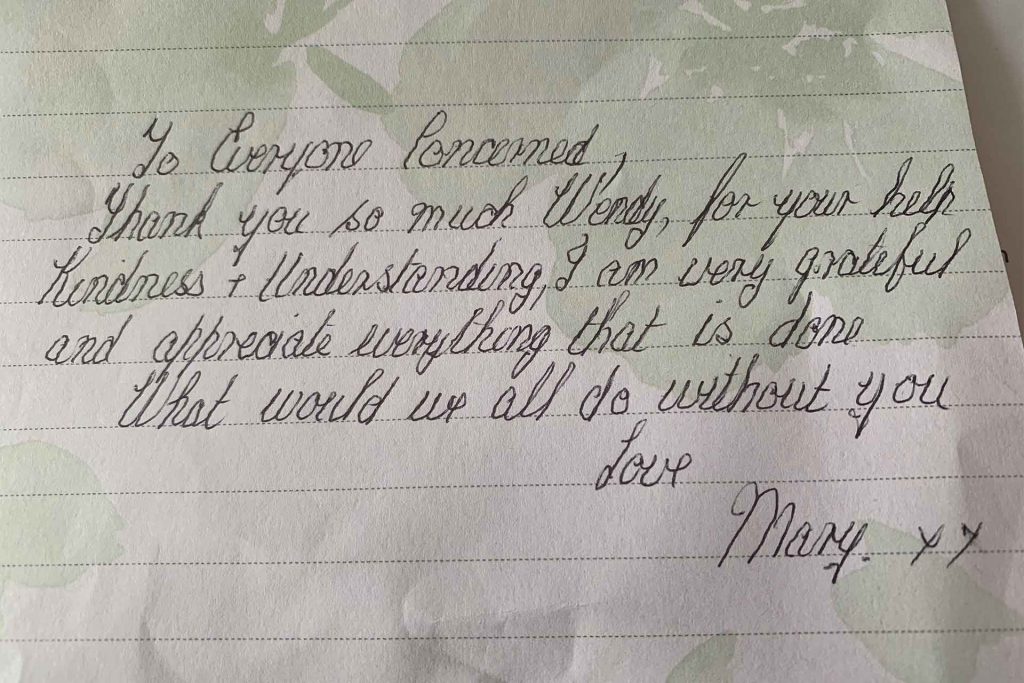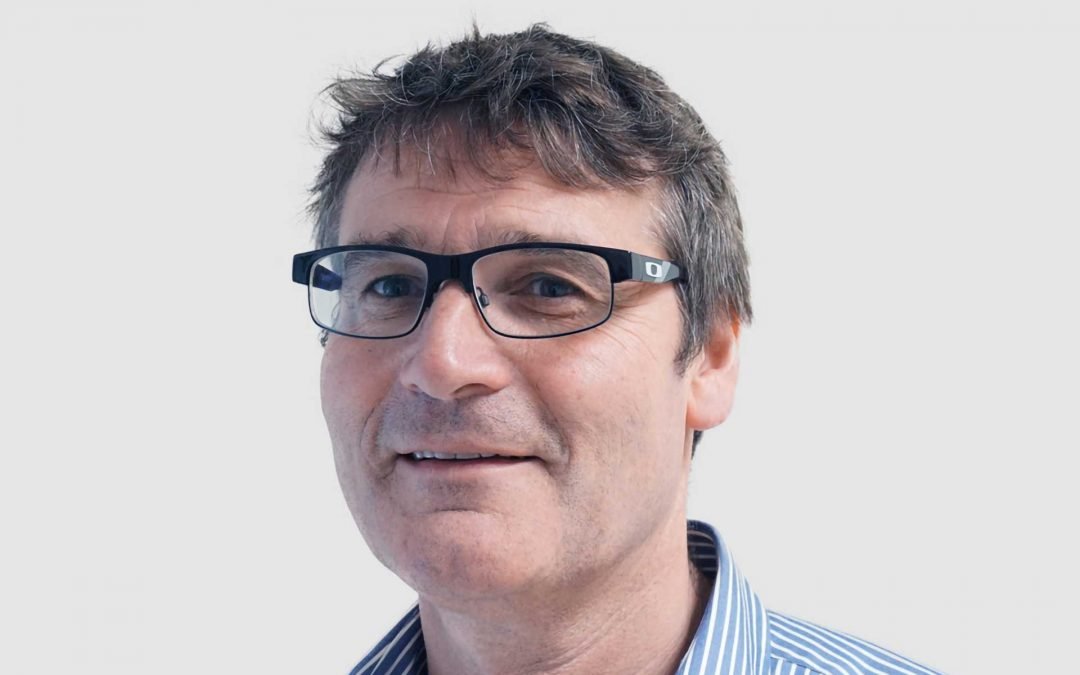All Together Better, an alliance of health and social care providers across Sunderland is helping local residents who are shielding due to the COVID-19 pandemic get the treatment and support that they need during these unprecedented times.
Across the city there are thousands of people who have been recommended by the Government to protect themselves from potential COVID-19 infection by ‘shielding’ for 12 weeks, as well as many others who remain vulnerable.
So far over 12,500 people have been identified as either needing to shield or vulnerable by utilising hospital and primary care data, and from people self-registering with the Government.
Sunderland GP Alliance, working with Sunderland Clinical Commissioning Group and Sunderland City Council, is contacting these people to check on their health and wellbeing and ensuring that they are well and that any social needs are met. Up to now, the alliance has contacted almost everyone identified with around 4% requesting help with food and medicines.
As well as Central Government food packages, the City Council is providing weekly food packages and one-to-one volunteer support through its Area Community Hubs, ensuring that every single resident across the city who needs support, receives support. Support ranges from linking a volunteer to a resident to undertake shopping, through to assessing mental health and wellbeing, through to financial advice to ensure residents who are facing crisis are supported.
Sunderland’s community pharmacies meanwhile are delivering medication to people’s homes and GPs and Recovery at Home nurses are visiting housebound patients with suspected and confirmed coronavirus at home where they have long-term conditions and require urgent treatment. Where the local pharmacy is unable to deliver the prescription, they are linking into the council’s community hubs, where a volunteer who has registered to support, is assigned to collect and deliver the prescription on behalf of the resident.
The Government has written to thousands of people across the country falling into the following high risk categories:
- Solid organ transplant recipients
- People with specific cancers
- People who have had bone marrow or stem cell transplants in the last 6 months, or who are still taking immunosuppression drugs
- People with severe respiratory conditions including all cystic fibrosis, severe asthma and severe COPD
- People with rare diseases and inborn errors of metabolism that significantly increase the risk of infections (such as SCID, homozygous sickle cell)
- People on immunosuppression therapies sufficient to significantly increase risk of infection
- Women who are pregnant with significant heart disease, congenital or acquired.
ATB has also expanded the use of its Luscii platform, a healthcare app that allows patients to input a daily reading and an overview of how they are feeling from the comfort of their own home. These readings are then monitored by the team and allow them to contact the patient and intervene should their condition deteriorate. This virtual healthcare app is supporting around 250 Sunderland residents shielding in their own homes due to COVID-19.
The Luscii app was first piloted at the start of March to allow the Recovery at Home team to monitor up patients with debilitating breathing problems, such as COPD.
IPads allow patients to keep in touch and also download a range of apps to help with their health and social wellbeing. Sunderland was the first city in the country to pilot this new technology.
Dr Martin Weatherhead, Chair of ATB Sunderland, said: “Protecting the health and wellbeing of local residents, especially those who are most vulnerable is of paramount importance right now. Working as an integrated health and social care system we continue to provide services for those who need it most, albeit in a slightly different way. A great deal of work has already taken place to utilise technology so we can monitor the health and wellbeing of patients who are shielding at home and prevent unnecessary hospital admissions, but it vitally important that we all continue to access NHS services when we need them. This has never been more important given the unprecedented situation we are in and I want to reassure local people that our services are still very much available. You can still access your GP and community services; you can still order and receive your medication; you will still get urgent medical care and advice 24/7 when you need it and we will continue to support you at home or in the community when you are discharged from hospital.
In Sunderland, partners have been working together as a system for several years and more recently this was formalised with the development of the All Together Better (ATB).
ATB is an alliance of commissioners and providers working together across organisational boundaries to better join up health and care services and improve everybody’s health. Through the alliance, the council established Area Community Hubs at the start of the pandemic, helping and mobilising community partnerships to support all residents in need.
Sunderland City Council’s Cabinet Member for Health and Social Care, Councillor Dr Geoff Walker said: “Our city has a strong health network with our All Together Better links and we have a strong voluntary and community sector (VCS). Alongside our adult social care work, the council has been receiving contacts from people who began shielding and needed non-medical assistance, and others who may not have had support networks but again needed help.
“Our hub and volunteer network, including 1,000 new volunteers, is relieving some of the pressure on the NHS and adult social care staff by completing tasks such as medical deliveries, day to day shopping, delivering food parcel. Volunteers are also helping by taking dogs out for walks.”
 Volunteers with the hub have also delivered extra talking books for a 90-year-old blind woman, a pensioner who ran out of jigsaws and many, many more tasks that have received ‘thank you’ notes.
Volunteers with the hub have also delivered extra talking books for a 90-year-old blind woman, a pensioner who ran out of jigsaws and many, many more tasks that have received ‘thank you’ notes.
Cllr Walker added: “There are currently 923 people being supported via this volunteer network across Sunderland, and last week this work included delivering 253 food parcels. I want to pay tribute to all these volunteers, the council staff and those in the health and care sectors.”
By bringing health and social care teams together under one united vision, ATB aims to improve peoples’ experiences of using health and care services and their health outcomes, supporting people to live longer with a better quality of life.
